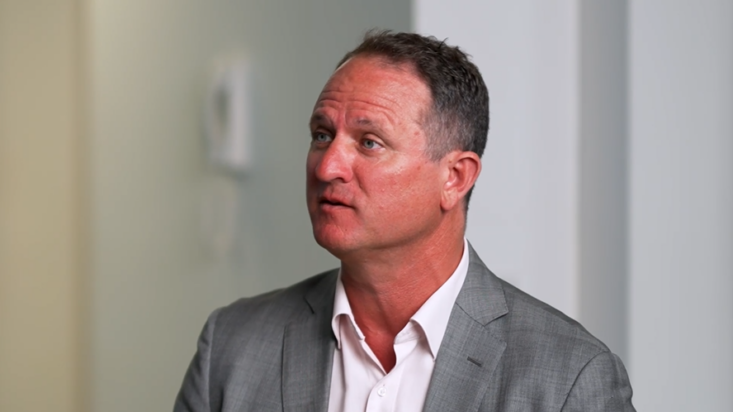Covenant-lite loans ‘like driving a car without a steering wheel’: Epsilon
Loans with little conditions and restraints on the borrower have gained traction in global markets, and they may even be entering the Australian market via leveraged buyouts at the big end of town, but that doesn’t make ‘covenant lite’ loans, as they’re called, suitable for all corporate lenders.
Loan covenants are stipulations built into a contract to protect the lender, typically involving financial performance tests to periodically measure the debt-servicing capability of the borrower.
In recent years investment firms, corporations, family offices and even high-net-worth individuals have increasingly demanded ‘covenant-lite’ loans with more borrower-friendly, flexible terms.
According to mid-market corporate lending group Epsilon Direct Lending, however, the practice is fraught with governance risk and dilutes the degree of control a lending company has over the loan. On a recent interview session Epsilon founding partner Mick Wright-Smith (pictured) characterised covenants as “sacred” and said they were “absolutely crucial” to delivering on capital preservation for clients.
“Covenant-lite loan are issued commonly in the US and Europe, and they’re entering the Australian market via large-cap corporate buyouts,” Wright-Smith said. “At Epsilon we think that’s like driving a car without a steering wheel. For us to invest in a loan we absolutely need covenants and protections.”
Covenants can vary in the corporate arena, but Wright-Smith detailed some of the common ones Epsilon embedded into its Australian mid-market loan contracts.
“You’re looking at leverage covenants to measure earnings against debt, an interest covenant to measure the borrowers ability to repay your interest, and also a debt/service cover ratio, which is a catch-all to measure if the company has enough cash to meet both our ongoing obligations but also the company’s ongoing obligations,” he explained.
Wright-Smith, together with co-founding partners Paul Nagy and Joe Millward, all previously worked at Commonwealth Bank Australia in senior lending positions, which means they’ve been exposed to a vast array of circumstances that can prevent a borrower from fulfilling their repayment responsibilities. It doesn’t matter how robust a business might appear, he explained. Anything can happen, and a lender responsible for the capital of its investors needs to be constantly across the mountain of variables that can present themselves.
“We’ve seen industry’s disrupted by technology, for example. Sometimes it can be a good company with good business model, but the capital structure is wrong,” he said. “Other times it’s a temporary blip, or it can be outright fraud. That’s some of the things that can go wrong but there are many others.”
On the rare occasion covenant requirements aren’t met, the chances of a negative outcome are always mitigated by finding out about it as soon as possible.
“The first question we then ask is whether they still have a viable business model. If the answer is yes, we like to work with our borrowers to work out their problems and preserve capital that way,” he said. “If the answer is that the business model is broken, then we’re looking to our senior position in the capital structure to recover our money that way.”











